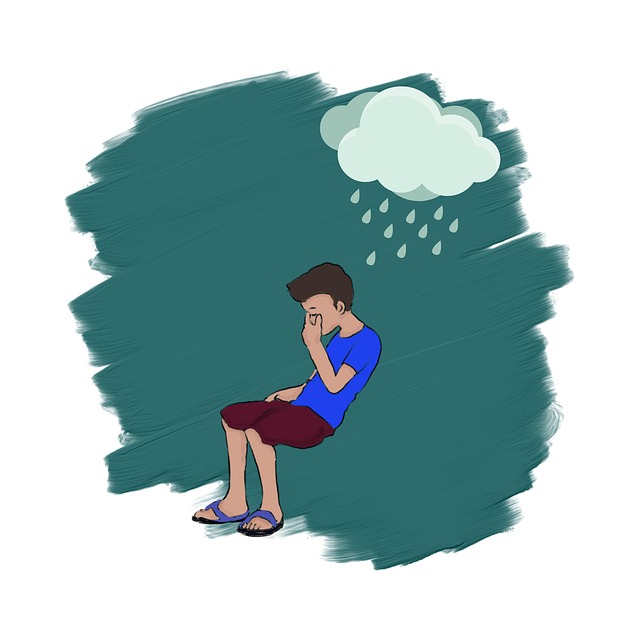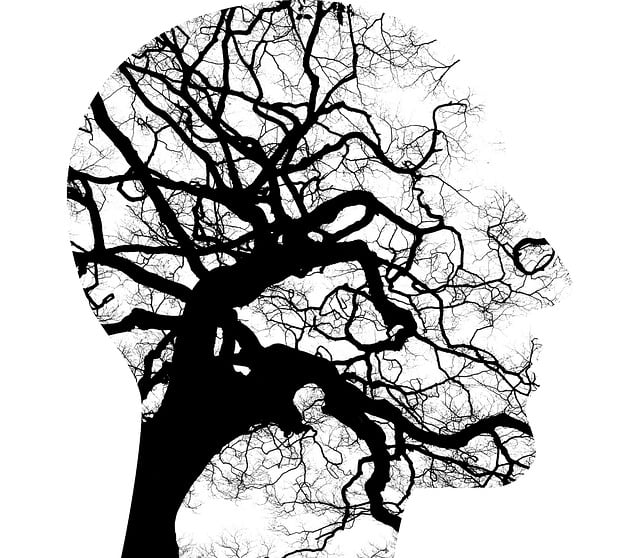Therapy for Children Spanish Speaking is crucial for addressing cultural barriers and language disparities that hinder access to mental health care for Spanish-speaking children. Effective initiatives combine tailored therapy services with self-awareness exercises, improving understanding and trust in care providers. By incorporating culturally sensitive strategies, mental wellness coaching, and holistic approaches, communities can empower families and young people to proactively manage mental health challenges, fostering resilience and optimal well-being.
Mental health policy analysis is crucial for addressing disparities in access to therapy, particularly among Spanish-speaking children. This article delves into the complex interplay between mental health policies and their impact on this vulnerable population. We explore barriers to accessing therapy, emphasizing language and cultural considerations unique to Spanish-dominant communities. Additionally, we present advocacy strategies aimed at expanding mental health services tailored to meet their specific needs. By understanding these challenges and implementing targeted solutions, we can foster a more inclusive and supportive environment for Spanish-speaking children seeking therapy.
- Understanding Mental Health Policy and Its Impact on Spanish-Speaking Children
- Barriers to Accessing Therapy: A Focus on Language and Cultural Considerations
- Advocacy Strategies for Expanding Mental Health Services in Spanish-Dominant Communities
Understanding Mental Health Policy and Its Impact on Spanish-Speaking Children

Mental health policies play a pivotal role in shaping the well-being of Spanish-speaking children, many of whom face unique challenges due to cultural barriers and language disparities. Access to appropriate therapy for children from Hispanic or Latino backgrounds is essential to fostering resilience building and coping skills development. These policies influence the availability and quality of mental health services tailored to meet their specific needs.
Effective mental health initiatives should incorporate self-awareness exercises designed to address cultural nuances, promote understanding, and improve access to care. By recognizing and addressing these disparities, policy advocates can ensure that Spanish-speaking children receive the necessary support for their mental well-being, ultimately contributing to positive outcomes and enhanced quality of life.
Barriers to Accessing Therapy: A Focus on Language and Cultural Considerations

Accessing therapy can be a significant challenge for Spanish-speaking children and their families due to language barriers. Effective communication is essential for building trust and understanding within the therapeutic relationship, yet many cultural and linguistic factors can impede progress. For instance, finding therapists who are proficient in Spanish or offer translation services might prove difficult, especially in areas with limited resources. This obstacle can deter families from seeking help, as they may feel uncomfortable expressing their concerns or sharing sensitive information through an interpreter.
Furthermore, cultural differences in self-awareness exercises, risk assessment practices, and understanding of mental health conditions can create additional challenges. Social skills training, while beneficial for all children, might need to be tailored to accommodate diverse cultural norms and communication styles. Addressing these language and cultural considerations is crucial when advocating for equitable access to therapy for Spanish-speaking children, ensuring they receive the support and care they deserve.
Advocacy Strategies for Expanding Mental Health Services in Spanish-Dominant Communities

En las comunidades dominadas por hablantes de español, la expansión de servicios de salud mental requiere estrategias de defensa enfocadas y culturalmente sensibles. Una táctica poderosa es alentar y apoyar el desarrollo de terapias específicas para niños que incorporen los principios de mind over matter (fuerza mental sobre la materia) y fomenten la construcción de inner strength (fuerza interior). Estas iniciativas pueden empoderar a las familias y a los jóvenes para que aborden los desafíos de salud mental desde una perspectiva proactiva y positiva.
Además, el desarrollo y promoción de programas de mental wellness coaching adaptados a las necesidades de estas comunidades son esenciales. Estos programas pueden ayudar a educar a los individuos sobre la importancia del bienestar mental y proporcionarles herramientas prácticas para mejorar su resiliencia y salud emocional. Al integrar estrategias tanto terapéuticas como de coaching, se puede crear un enfoque holístico que aborde las barreras culturales y lingüísticas, garantizando así el acceso a la atención psicológica para todos los niños y familias hispanohablantes.
Mental health policy analysis reveals significant gaps in access to therapy for Spanish-speaking children, exacerbated by language and cultural barriers. By recognizing these obstacles and implementing targeted advocacy strategies, such as expanding culturally competent services and promoting policy changes that prioritize mental health care for diverse communities, we can ensure equitable support for all children, regardless of their linguistic or cultural background. This inclusive approach is vital to fostering healthy development and breaking down societal enigma surrounding mental wellness.








